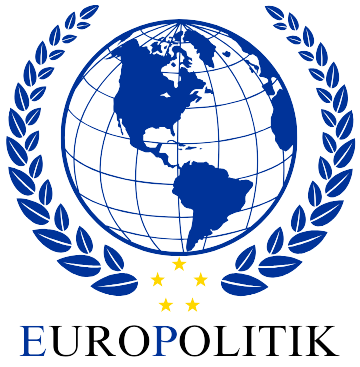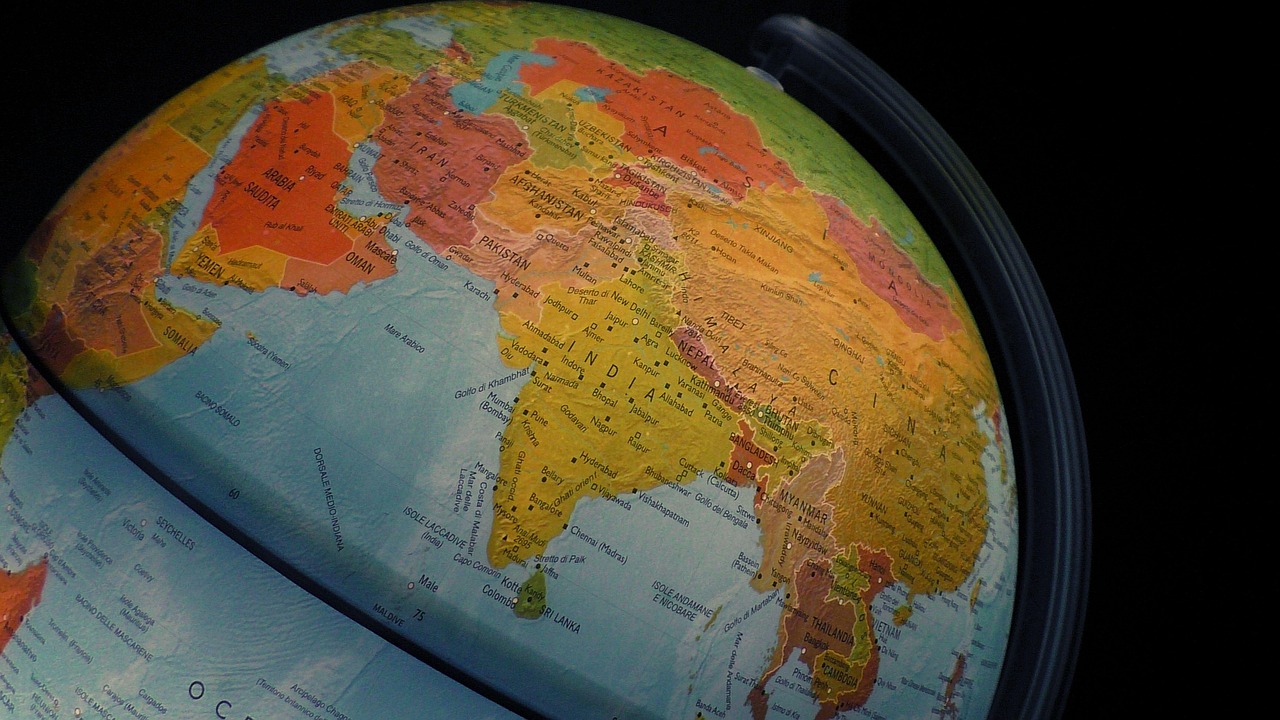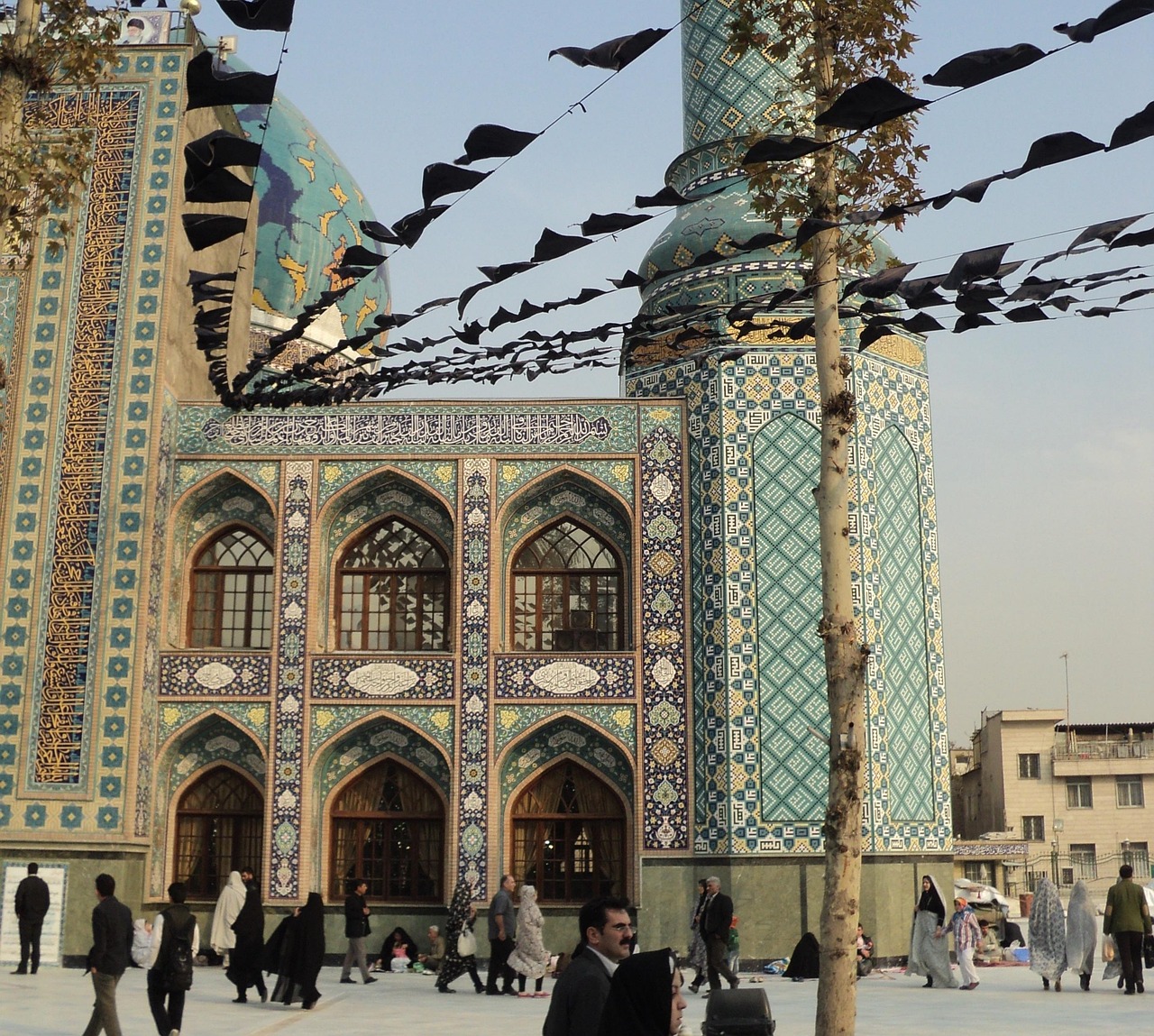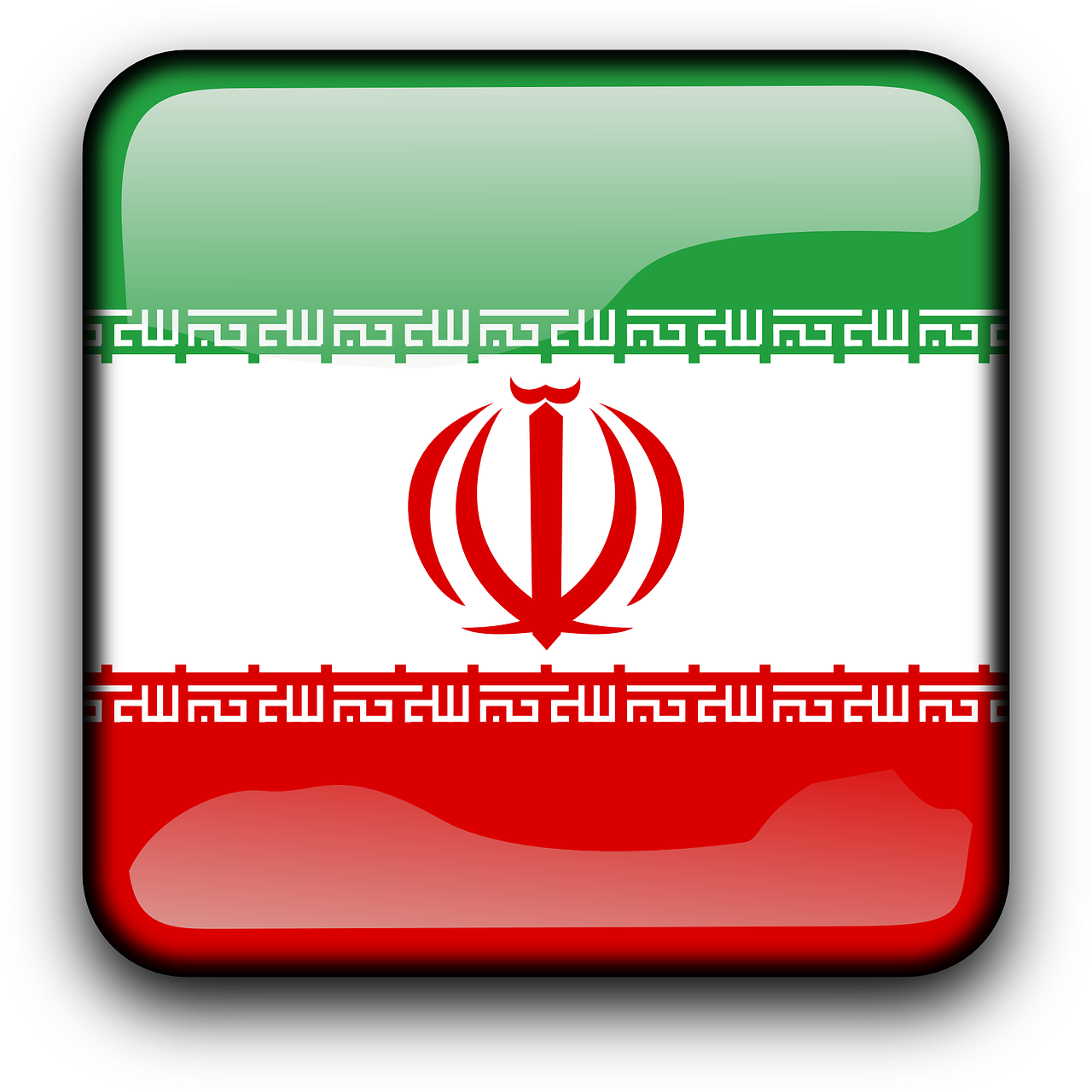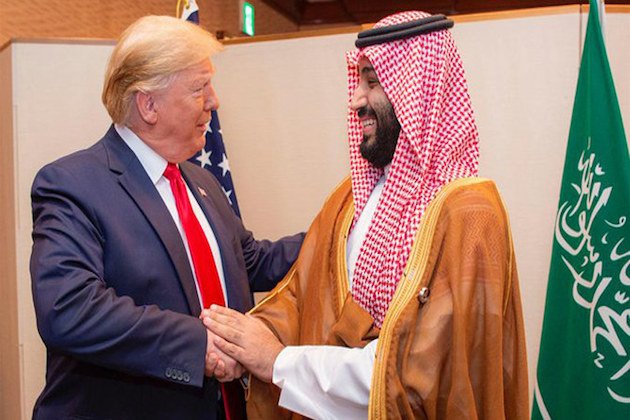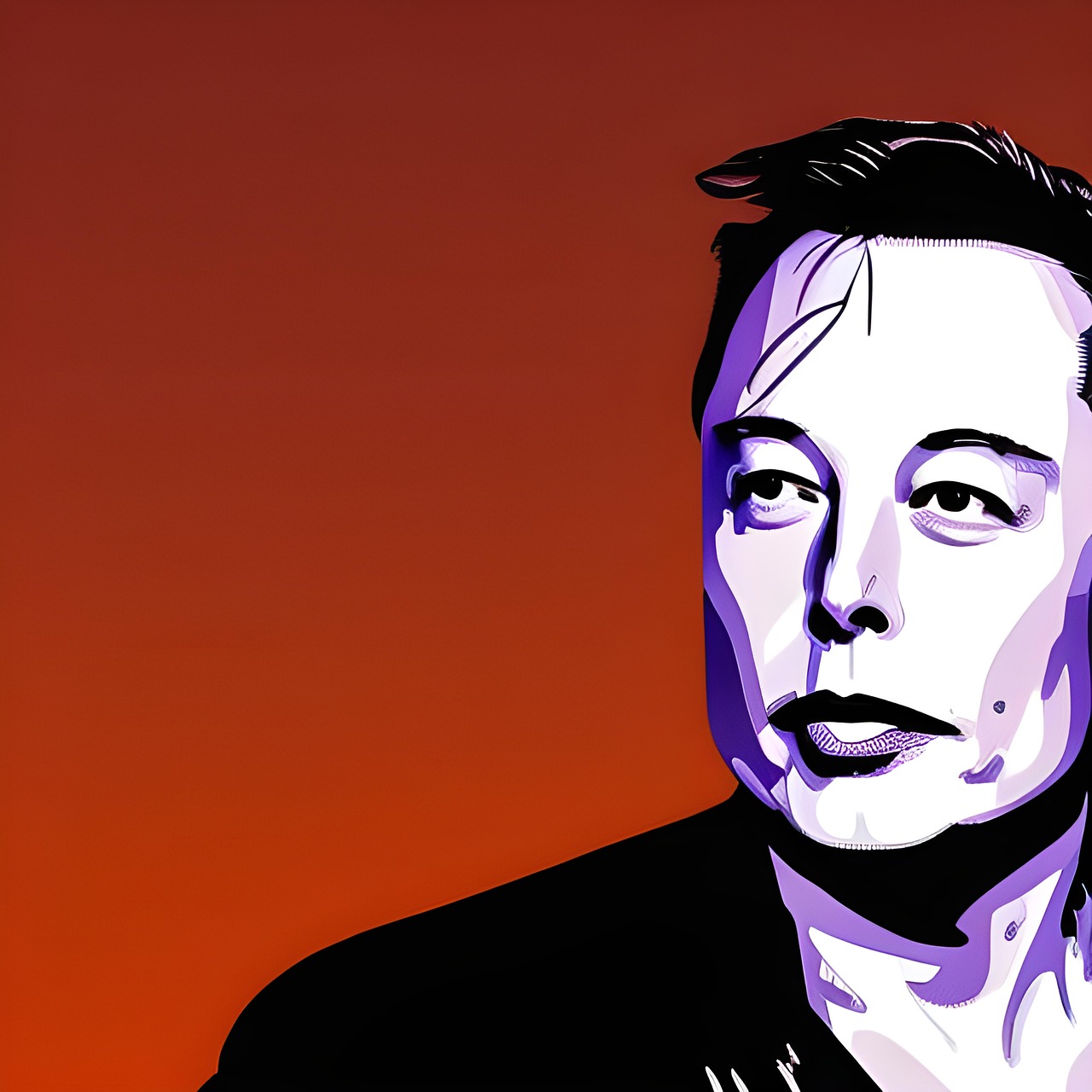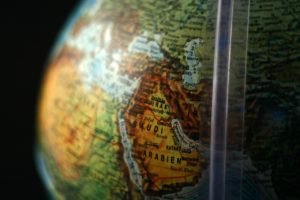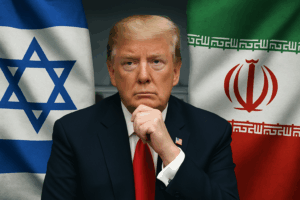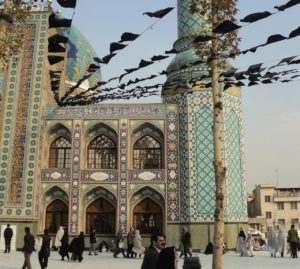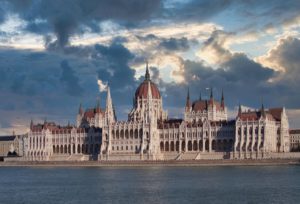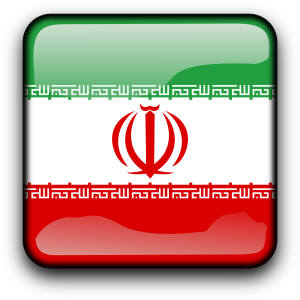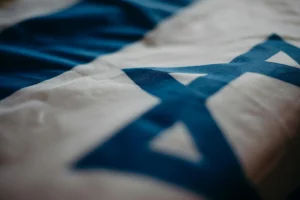We can blame the Israeli government, Hamas, Putin, Xiping, and so many others today for defying the international system and the rules that prevailed in the order established after the Second World War. We can make grand statements, accuse everyone of every crime, but all of this remains just words. The voting on resolutions that had been the core business of the United Nations for decades and that were supposed to condemn a regime or stop a war no longer even receives media attention today. One wonders what the staff in New York do on a daily basis, given that the UN today no longer has any influence on a world that has been falling apart for several years. This reflects the clear trend toward the collapse of the international system that dominated it for exactly 80 years.
The end of the multilateral system has long been predicted. But we hardly imagined the extent to which international law would be flouted on a daily basis. And that for some, it would now represent more of a danger to their own security than a guarantee of fair justice that would keep a potential enemy at bay. Today, everything is unraveling, everything is dissolving, and we are powerless in the face of it. To heal, we must first make a diagnosis. But is the emerging world one of the symptoms of generalized chaos or, on the contrary, already a reflection of healing with the return of powers and bilateral relations between states?
This international order has probably been designed by and for Westerners for too long, yet we are no longer in a position of undisputed leadership. It is clear that for too long, Westerners have rested on their laurels, taking advantage of an international order inherited from the end of the Second World War and to their advantage. They have refused to modernize it and adapt it to the new global geopolitical parameters. The frustration of major international actors has continued to grow, and the UN Security Council has gradually become a battlefield rather than a place for dialogue. Far be it from us to repent, for our enemies are no better off and have not excelled in building a model that would have been more inclusive for those “left behind” in this post-1945 and especially post-1990 world. We have refused to see anything, for fear of losing influence, of course, to the point of violating ourselves the principles of international law that we claimed to defend alone against all others. This is where frustration and hatred have flourished against the United Nations. De-Westernization on one side of the world and acceleration of the Orientalization of the globe on the other. Since the fall of the USSR and the end of the Cold War in 1990, a new part of the world has emerged, led in particular by China, challenging international institutions it deems too pro-Western. In reality, Western countries have often defended a model they themselves did not respect and have weakened multilateralism by circumventing or violating international law. The military intervention in Iraq in 2003, launched without the approval of the UN Security Council and based on false evidence of weapons of mass destruction, is a prime example. This war profoundly eroded the moral credibility of Western powers and weakened the authority of the UN. In Libya in 2011, the NATO-led intervention was initially justified by a UN resolution aimed at protecting civilians. But it quickly transformed into a regime-change operation, leading to the fall of Gaddafi and lasting chaos. Regarding Israel, Western powers have regularly turned a blind eye to violations of international humanitarian law. At the same time, they have given a free pass to Islamist movements like Hamas and Hezbollah, which have never been challenged. The West’s inaction has fueled a sense of injustice and impunity. Its selective use of international law has allowed other powers, such as Russia and China, to justify their own violations. This double standard has emptied the notion of an international order based on common rules and encouraged a return to the logic of power relations.
We have held out our sticks to be beaten by those who today challenge the international order we are still trying to embody. It is normal that, across space and time, other actors want to impose their civilizational model, even if it doesn’t particularly delight us. Honestly, what other geographical area offers as much freedom for the individual as Europe? Yet, are we today the best defenders of our traditional values, unlike other continents that seem much better equipped ideologically in this regard and seem to better meet the expectations of their citizens?
Finally, it was not one man who dynamited the international system. Many in Europe and elsewhere believe that Donald Trump is driving the final nail into the coffin of this formerly Western-dominated world. Despite his sovereignist rhetoric, Donald Trump is indeed seeking to maintain American supremacy and rally Westerners behind him, by force, of course. His approach is not that of classic multilateralism based on international institutions, but rather that of assertive leadership, founded on power and national interest. He believes that the United States must remain the world’s leading power, not by sharing its authority, but by imposing its vision and demanding loyalty from its allies. Trump knows that the United States cannot contain Chinese power alone, or face current global threats. He is therefore playing a paradoxical card: that of a unilateralist leader who seeks to unite the West under his banner, but on his terms. His objective is clear: to restore American hegemony and maintain a united Western world dominated by Washington. It’s up to us to choose what we want with the cards at our disposal. Alternation is classic in politics, and that’s what terrifies us. Only great powers will survive in a world unfortunately devoid of international institutions. We must therefore be strong. It’s up to us, then, to terrorize the terrorists!
